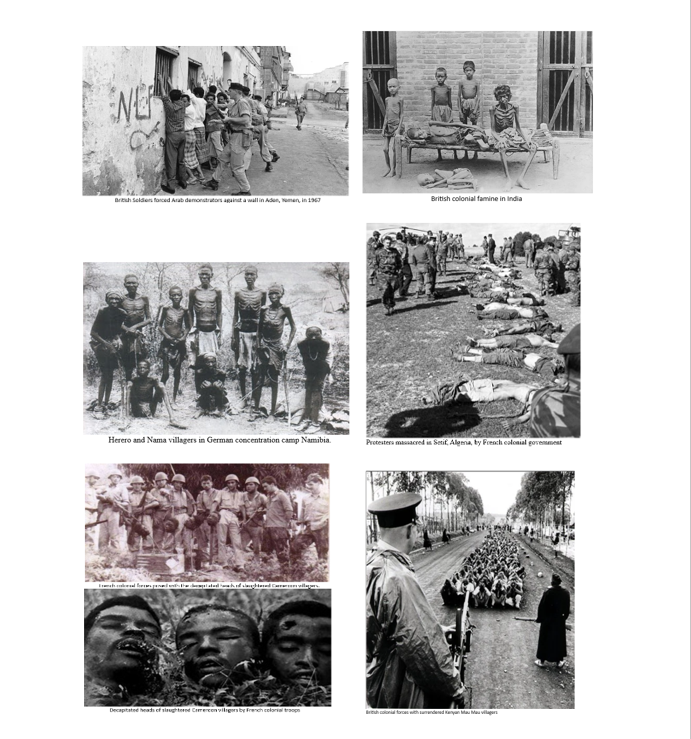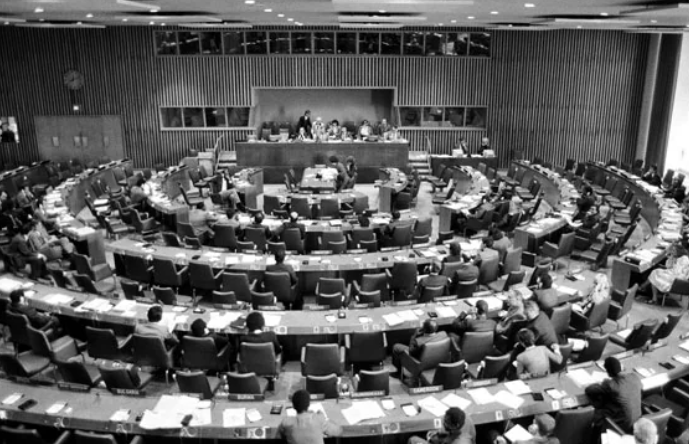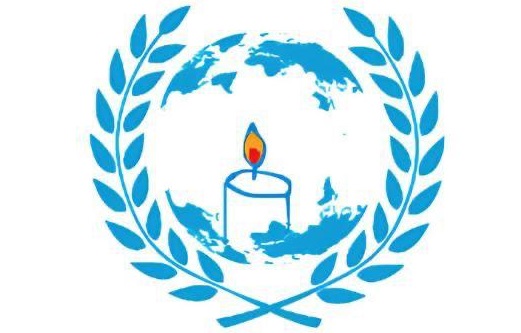RESTORING THE DIGNITY OF COLONIZATION VICTIMS WORLDWIDE
Tackling the effects of colonization can help address inequalities within and between states and sustainable development issues in the twenty-first century.

It is a double tragedy when accusers and accused cause one another further damage following colonial atrocities. Some of the best ways that the international community can offer a less damaging and more restorative experience for everyone involved - the survivors, their descendants, and those who now carry the burden of atoning for the sins of that bygone era - is to restore the dignity of those who were unjustly stripped of it.
For most of history – from the age of discovery, the conquest and subjugation of Africa, the Caribbean, the Americas, the Middle East, and Asia (not exclusively), colonization was not just a brutal and nefarious public crime, which many people witnessed and even celebrated; it represented the global face of racism.
The barbarous killing of millions of innocent men, women, and children through the Trans-Atlantic slave trade, segregation, apartheid, lynching, genocidal wars against decolonization, or outright injustice was wrong, and the scale of the damage is overwhelming.
Although colonization remains a dark period of racial terrorism in our past that most people would rather forget, its effects are still visible and cast a shadow across the world, compromising our commitment to a more inclusive society.
It is a double tragedy when accusers and accused cause one another further damage following colonial atrocities. Some of the best ways that the international community can offer a less damaging and more restorative experience for everyone involved, especially for the victims, the survivors, and their descendants, is by accepting responsibility and proactively trying to make amends.
Refusing to address unatoned-for colonial crimes looks like complicity and delegitimizes the emotional wounds of victims’ descendants. Denial of responsibility in the face of legitimate accusations may give those who now carry the burden of atoning for that sin the appearance of supporting the actions of their predecessors.
The international community has made various efforts to address colonialism, primarily through the United Nations, which has played a central role in promoting self-determination and the end of colonialism, through the Declaration on the Granting of Independence to Colonial Countries and Peoples.
The UN declared multiple “International Decades for the Eradication of Colonialism,” focusing on the rights of non-self-governing territories and promoting the implementation of plans of action. The Special Committee on Decolonization (C-24) has also been established to monitor and address decolonization issues.
While the international community has begun to acknowledge and commemorate victims of colonization, there is a widespread lack of adequate recognition and remembrance of the victims.
Many nations haven’t fully integrated their colonial past into their national narratives or offered adequate recognition and apology to the victims.
Tackling the effects of colonization can help address inequalities within and between states and sustainable development issues in the twenty-first century.
It is clear today that colonization has caused significant psychological harm not only to Black individuals but also to White individuals. The legacy of this harm continues to affect everyone, hindering a more inclusive society.
To meaningfully restore the dignity of victims of colonization who were mercilessly stripped of it, soil that we believe still holds the tears, sweat, and blood of firebrand pro-independent leaders and Indigenous – tribal men, women, and children who were tragically massacred for resisting colonization will be collected from locations around the world.
In liaison with all former colonies, now independent United Nations member states, the soil will be transferred to the ‘Tomb of the Unknown Victims of Global Colonization’ at the World Colonization Memorial.
Similar in thinking and meaning to the tomb of the unknown soldier, ‘Tomb of the Unknown Victims of Global Colonization’ is a multi-faceted shrine to commemorate millions of victims of colonization whose deaths were never given any proper recognition or fitting burial.
During the National Day celebration of the respective former colonies that are now UN member states, their flags will be flown at half-staff, and high-ranking officials from each country will take part in an annual reading of names and wreath-laying ceremonies.

On December 14, 1960, the United Nations General Assembly adopted the Declaration on the Granting of Independence to Colonial Countries and Peoples, initially proposed by the Soviet Union. This marked the end of European states’ global colonial policy.
